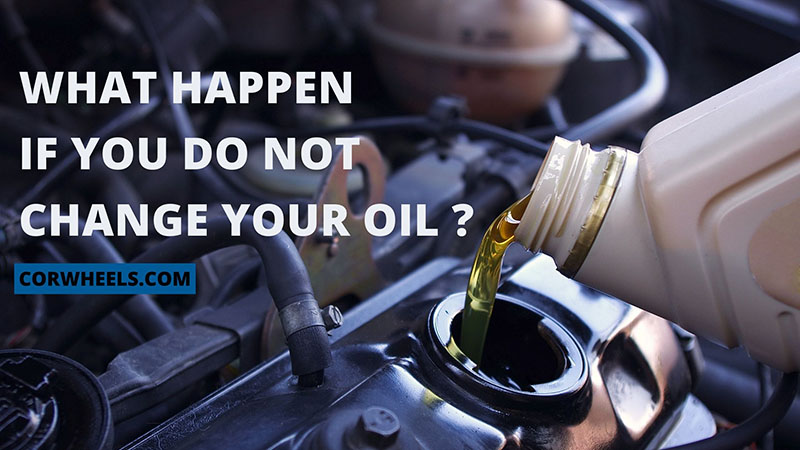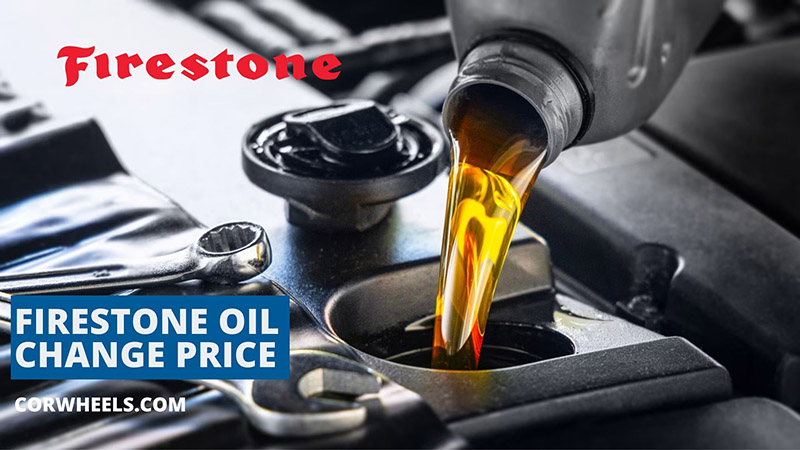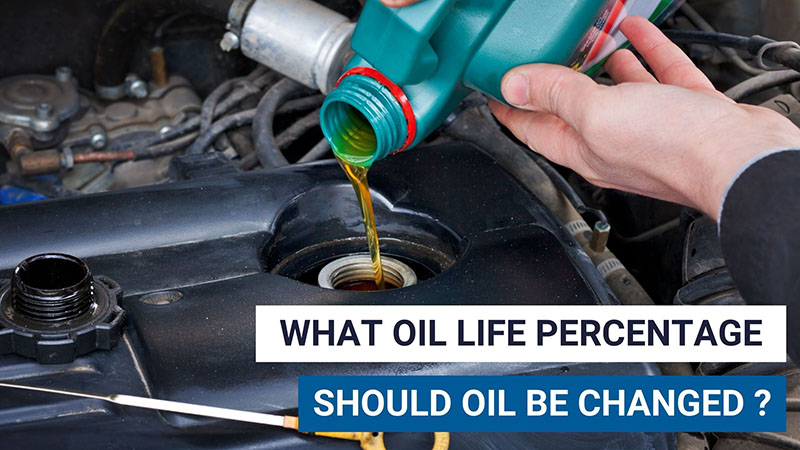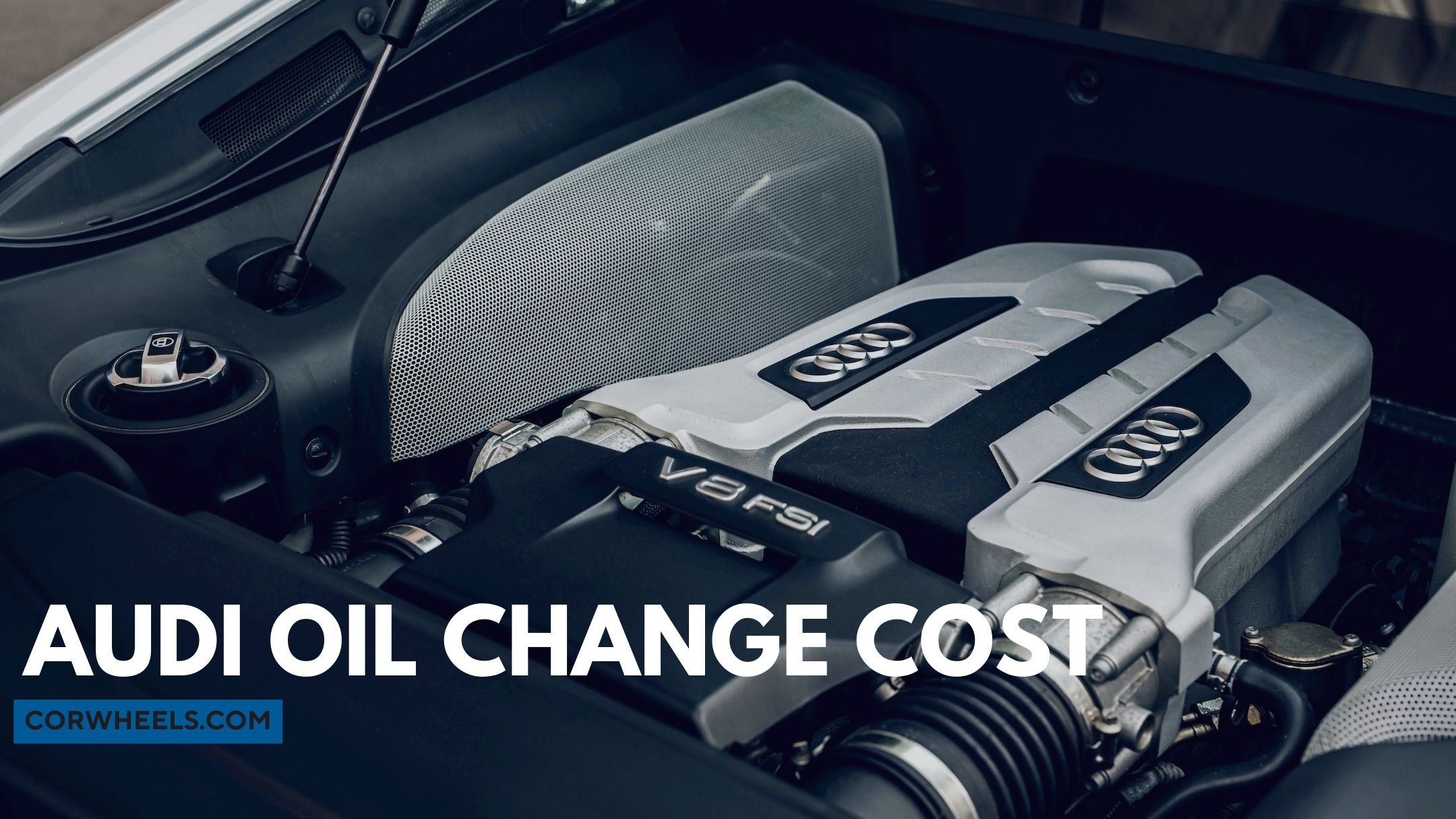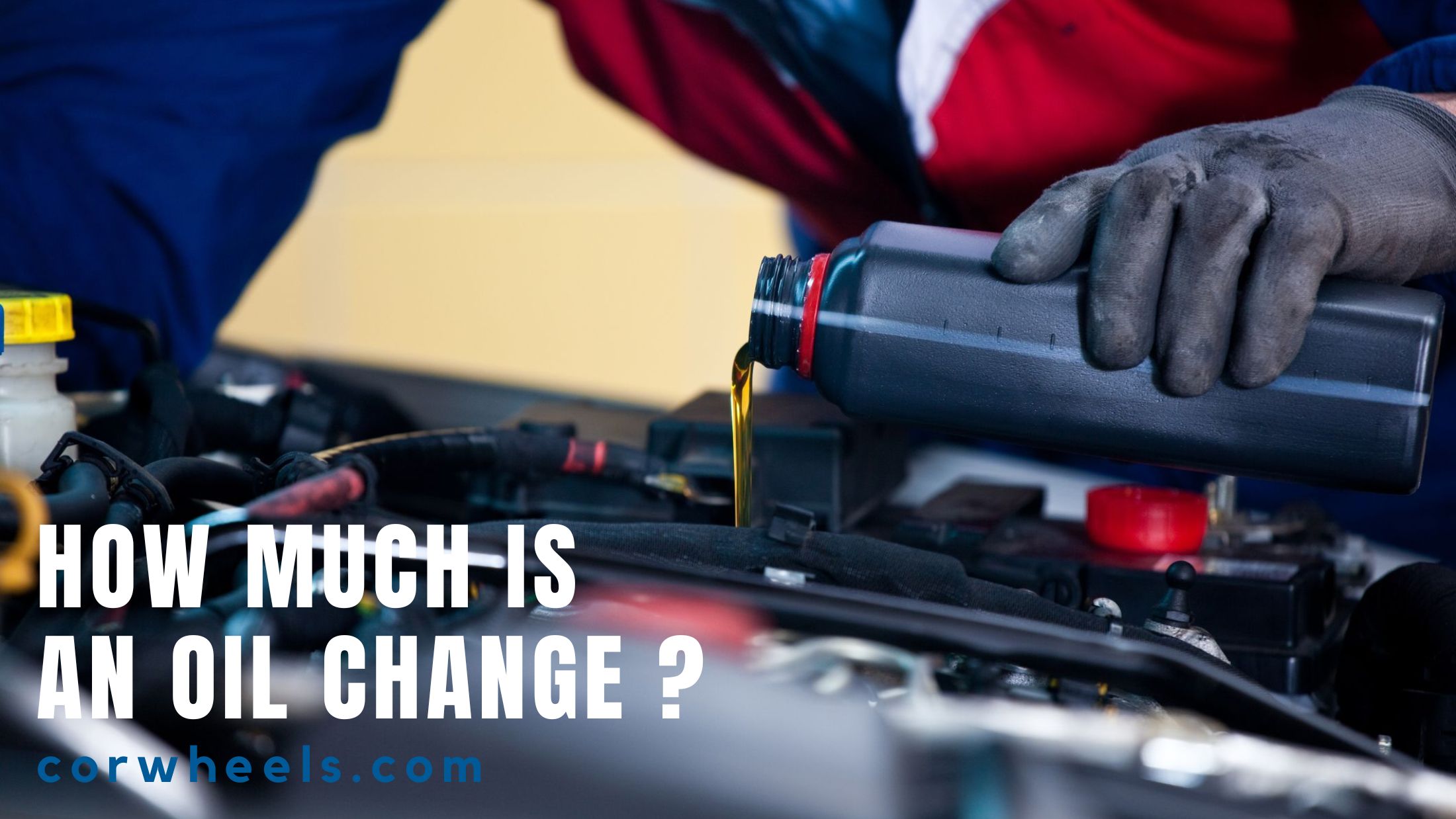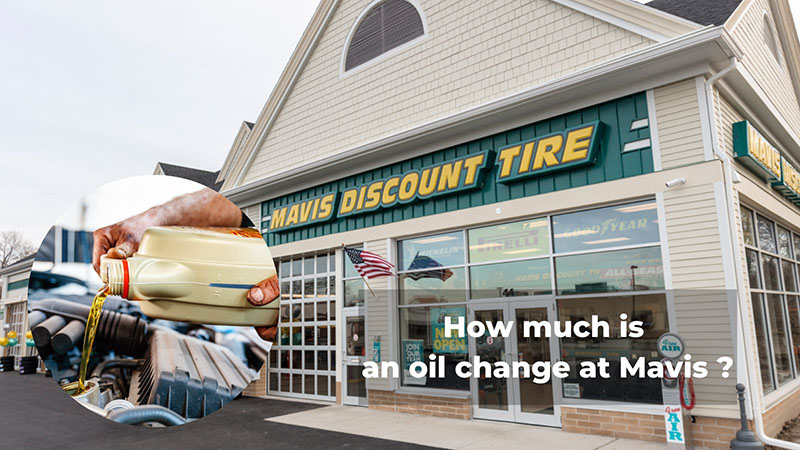Oil serves as the functional fluid for any car model; without proper oil levels, it’s hard for your vehicle to maintain consistent performance, especially on tough or rugged terrains.
Yet, ignoring oil changes is still among the most common beginner mistakes. This article will explain why it is the worst idea ever – and what happens when you don’t change your oil.
In this article:
What Happens If You Don’t Change Your Oil?
Irregular (or even no) oil changes are the cue for catastrophic failure: component wear, blown head gaskets, engine overheating/shutdown, dirt buildup, bad fuel consumption, loud noise, oil leak, and voided warranty are to be expected.
Component Wear
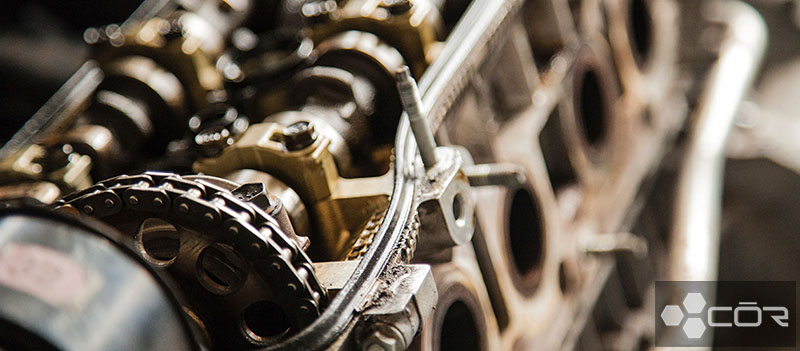
An engine includes numerous moving parts (valves, pistons, etc). Hence, they strongly need constant oil changes for lubrication and reduced friction.
Old oil sitting too long in the tank cannot give these components the necessary friction protection, which inevitably leads to severe damage and premature wear.
Blown Head Gaskets
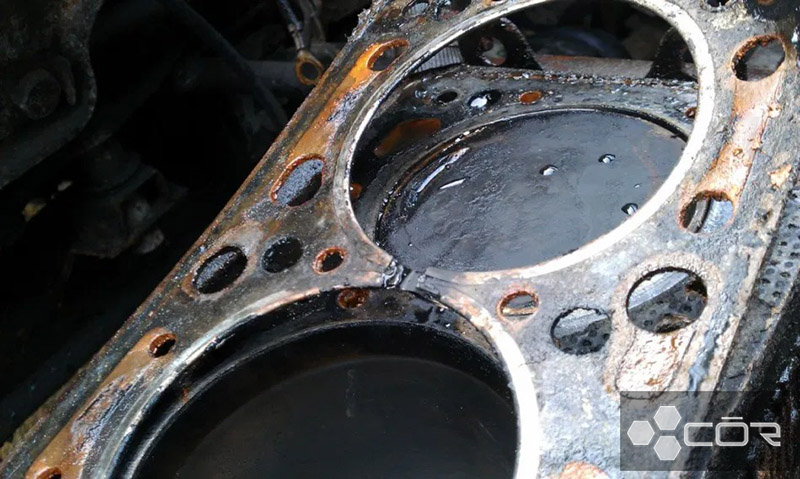
Head gaskets are installed between the cylinder heads and engine blocks, a critical element in the internal combustion chamber. It seals the oil and coolant passages to ensure both systems operate effectively and independently.
Needless to say, the severe lack of lubrication will stain the gasket with dirt and grim, eventually blowing it. Fixing these gaskets can be quite a financial pain.
Once I noticed my old 2010 Ford Ranger always leaving a cloud of white smoke behind when I pressed the gas pedal. I thought it was because of the outdated exhaust pipe and dragged my feet on fixing it, but then, I ended up with a $4000 engine swap since the bearing damage was already there. So do not follow in my footsteps.
Excessive Heat in The Engine
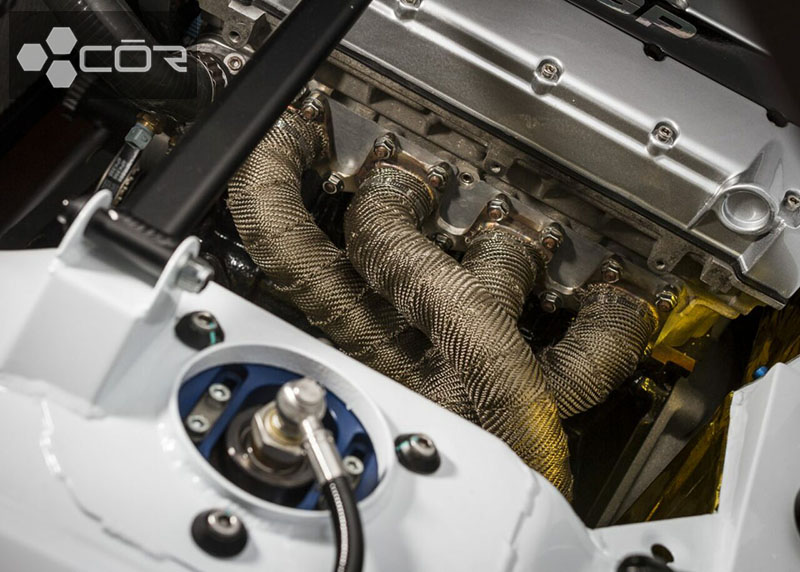
A common assumption is that just the coolant system is enough for engine cooling – but that cannot stray further from the truth. Oil also seizes a major role in such regard, as it can flow to places far from the coolant’s reach.
When reaching old age, the oil grows thicker and gradually deteriorates due to high-temperature exposure. Due to this thermal breakdown, it can no longer absorb heat for the engine, which causes the latter to heat up beyond control, warp, and wear out.
If there is no punctual fix for this issue, engine failure or shutdown will only be a matter of time.
Dirt Buildup
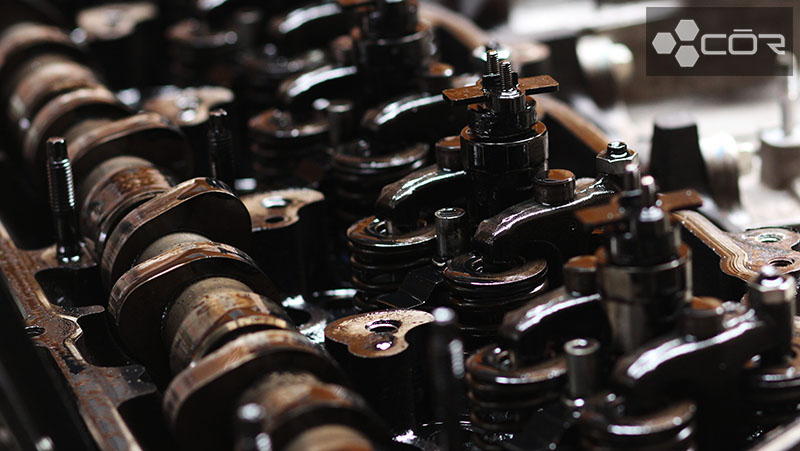
Aside from cooling and lubricating, the oil helps clean up your engine’s inside as well; it removes debris and small particles that may otherwise build up and lead to decreased engine life.
And that is only the beginning of the nightmare: a dirted engine has to work twice as hard to propel the car’s operation, which leads to serious power loss.
Worse, the old oil becomes solidified and turns into sludge, meaning it can no longer flow to all engine components like it used to. The relief valve trains, camshafts, bearings, and crankshafts suffer from extreme oil starvation, which may cause total engine destruction.
Worse Fuel Consumption
As briefly mentioned above, the engine must work much harder than average due to the lack of friction and lubrication. It means your car will eat up much more fuel for one engine power unit, increasing the consumption rate by 1 to 2%.
The number may seem trivial at first – but imagine the amount of wasted money if you let that issue extend for months or even an entire year.
And do not let me start on the toxic smoke released into the air when the old oil burns, which worsens the car’s emissions.
Loud Noise
After a while, your car will start making different noises than usual under excessive strain.
Some may shrug at these noises and assume they will eventually go away; unfortunately, that scenario is very unlikely. Unless you go to a nearby station and change the oil immediately, these sounds will only worsen the longer you drive.
Plenty of Oil Leaks
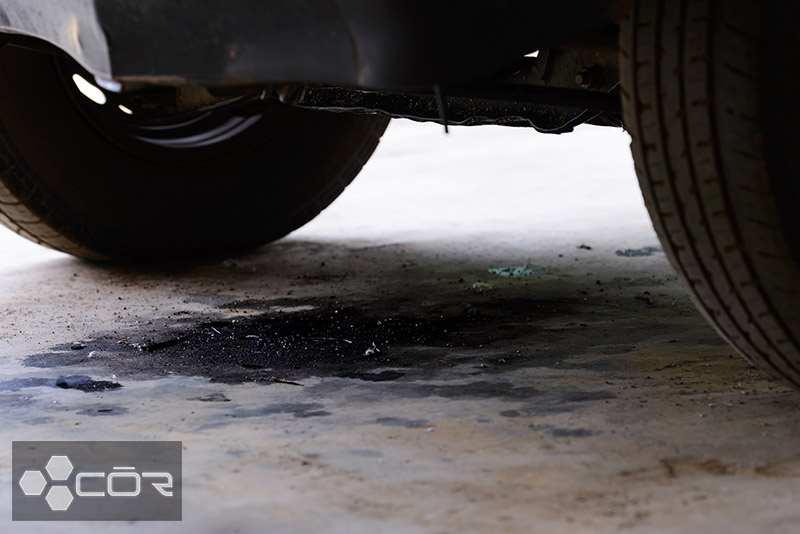
Under normal circumstances, high-quality engine oil forms solid layers on the inner walls of the engine to fill the gaps between the pistons and cylinder, preventing fuel leaks through those gaps. That partly explains why oil changes are so important.
Old oil obviously does not have the same sealing power as new oil. The metals in the tank will expand, pushing the pistons over their boundaries and overwhelm the engine.
The gaps within the tank grow larger, paving the way for fuel leaks and robbing your car of power. Do not be surprised if there is a noticeable quality decrease in your driving experience.
Voided Warranty
Warranty policies only hold up when you abide closely by the manufacturer’s recommended maintenance – including oil service intervals. And that is to be expected: no brands are willing to fix your car for free when their defects are clearly your fault.
In that case, the only choice left for you is to pay a higher price for the damage repairs – some of them can cost thousands of dollars and strike quite a blow on your total budget.
How Often Should You Change Your Oil At Auto Shop?
The recommended oil change schedules are every 3000 to 5000 miles. Of course, several external factors also affect the recommended frequency, such as oil type, driving habits, and car age.
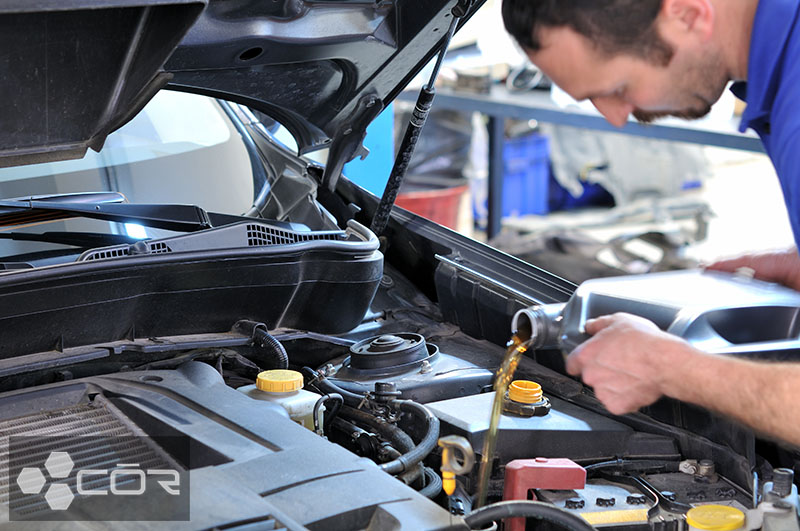
- The oil type. Synthetic oil (0W-20, for instance) lasts much longer than regular oil. A longer interval of 5,000 to 7,000 miles might be acceptable for them.
- Driving habits. Do you drive in dirty or dusty conditions often? Then oil replacements need to occur more frequently.
- Car age. That’s a given; old cars definitely require more regular oil tops than new ones.
If you still feel unsure – even after consulting with the manufacturer or the manual – it would be best to play safe and change the oil more frequently (3000 miles).
On another note, the oil changes might have to come earlier than expected if your car suffers from at least one of the following symptoms:
- Unusual Engine Noises: Ticking or knocking noises from the engines signal dirty and oil oil. It can no longer lubricate your engine properly.
- Dirty and dark oil. Dip an oil stick into the oil and check the color. Clean oil should have a translucent, slightly amber color. Dark, gritty brown, on the other hand, means an oil change is required.
- Oil smell. Nothing could scream “oil leak” better than a strong oil smell in the car.
- Exhaust smoke. If there is white or blue smoke from the exhaust, your oil is probably burning due to high-temp exposure. Putting it off is a bad idea – since the risks of engine overheating and shutdown are quite high.
- Dashboard lights (not for every car). Some modern vehicles incorporate dashboard lights that send warning messages whenever oil change services are overdue. Purchase new oil immediately when you see these lights activated.
Extra Tips to Extend Oil Life
- Before an oil change, remember to clean the engine thoroughly; this surprisingly simple tip has been proven to extend the oil replacement interval to a bit more than 5000 miles.
- Check the oil level and color at least once per month with a dipstick.
- If your car can afford it – use low-tension, narrow piston rings on the engine to cut off oil consumption and increase piston sealing.
- Use the right oil type and change the oil filter at a trustable auto center.
- Steer clear from stop-and-go traffic and dirty roads.
How Much Is Oil Change?
In general, expect to spend $20 to $100 for a typical oil change. The price will increase if you use synthetic oil (known for better quality and shelf life than regular oil) or have the job done at independent service centers or dealerships. Choose wisely!

Can You Change Motor Oil On Your Own?
Yes, you can; it is not really a complicated task and can easily be done at home without help from a second person. However, only do it when the engine is cold; skin injuries from scorching hot oil are not something anyone wants to experience.
Conclusion
My guide has dug deep into what happens if I don’t change my oil: engine failure, dirt buildup, and reduced fuel economy are only the tip of the iceberg. Inspect the car’s level and condition at least once a month, and write to my service expert team if you still need help.

